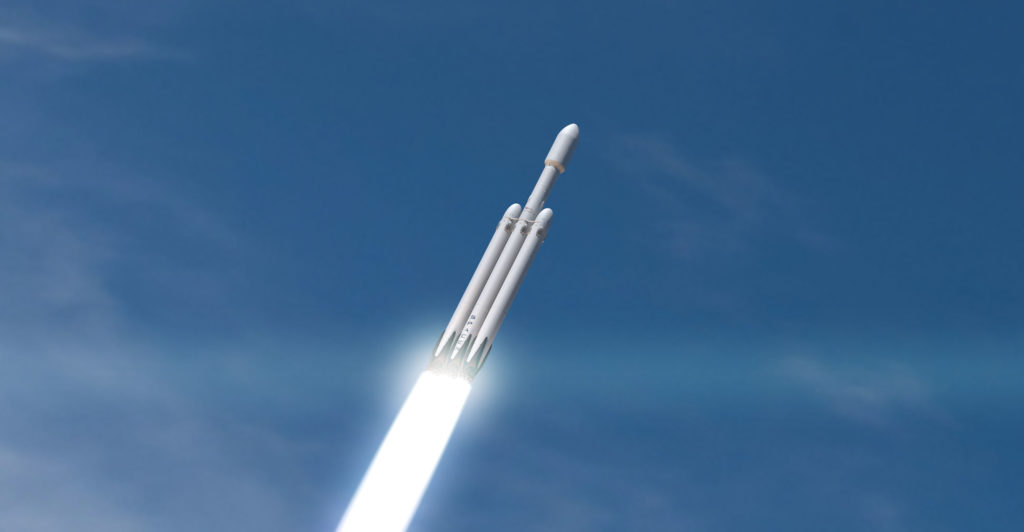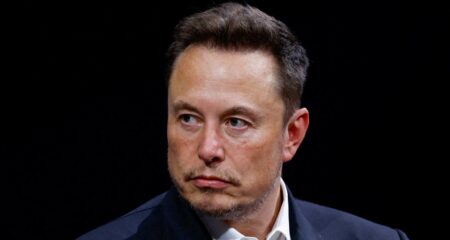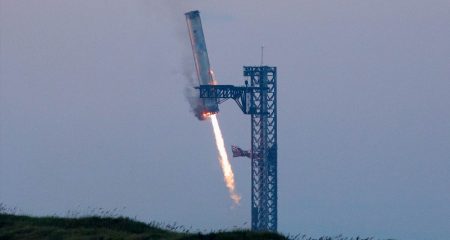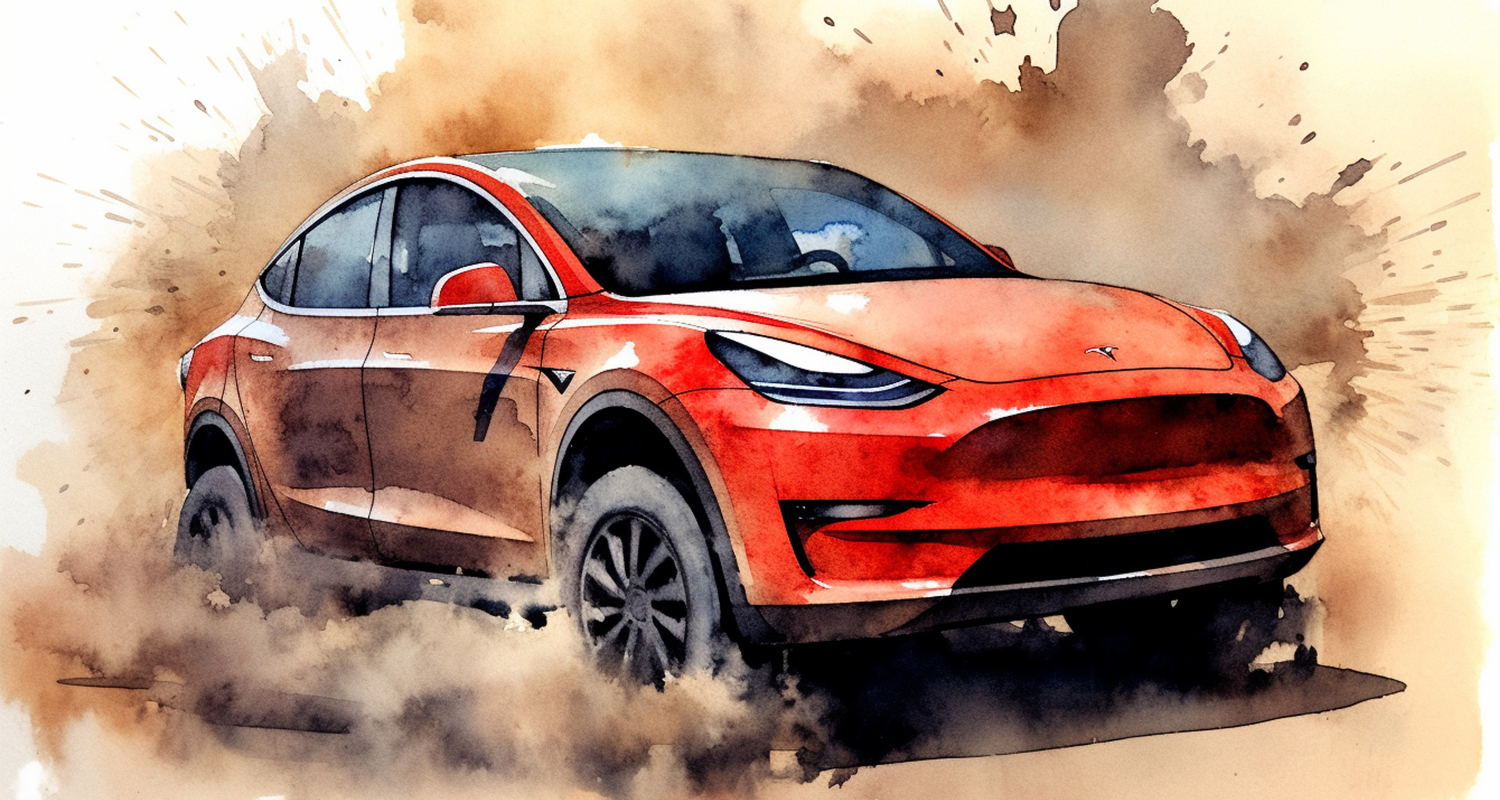 Tesla reported another quarter of disappointing profit and confirmed a highly anticipated unveiling of autonomous taxis has been postponed, putting the carmaker’s furious stock rally at risk.
Tesla reported another quarter of disappointing profit and confirmed a highly anticipated unveiling of autonomous taxis has been postponed, putting the carmaker’s furious stock rally at risk.
Adjusted earnings slumped to US$0.52/share in the three months ended 30 June, missing estimates for the fourth consecutive quarter. CEO Elon Musk pushed back a showcase of robo-taxi prototypes by about two months to October.
Tesla shares fell as much as 8.7% after the close of regular trading on Tuesday. The stock had surged since the company last reported earnings, fully recovering from a more than 40% decline for the year at its low point in mid-April.
Tesla will now unveil robo-taxis on 10 October, and the cars shown will only be prototypes. More affordable models that could juice sales won’t go into production until the first half of next year, at the earliest. A planned factory in Mexico is on pause until after the US presidential election in November, and a humanoid robot that Musk predicts will send Tesla’s valuation soaring won’t start selling until sometime in 2026.
That combination of timelines leaves investors in something a holding pattern as Tesla’s car output and sales decline. The world’s largest seller of battery-electric vehicles is well off its pace of 1.8 million deliveries last year and reiterated that volume growth will be “notably lower” in 2024.
“The whole story here is about what else is to come,” said Gene Munster, a managing partner at Deepwater Asset Management.
Mass retrenchments
Sentiment had improved for Tesla following a tumultuous start to the year. The company missed expectations for vehicle sales by the biggest margin ever in the first quarter, spurring mass retrenchments. Musk responded by talking up the work Tesla has been doing for years on autonomy and artificial intelligence, and the shares roared back.
“The value of Tesla overwhelmingly is autonomy. All these other questions are in the noise relative to autonomy,” Musk said Tuesday, again urging anyone who disagrees to sell the company’s stock.
While profit slumped for a third quarter in a row, revenue beat expectations, rising to a record $25.5-billion. The surprise gain was driven by growth in the company’s energy generation and storage business, and buoyed by $890-million in sales of regulatory credits to car makers needing Tesla’s help to meet emissions requirements.
Read: Elon Musk’s robo-taxi dreams plunge Tesla into chaos
Tesla’s automotive gross margin, excluding regulatory credits — a closely watched metric — fell to 14.6% in the second quarter, from 16.4% in the first quarter. That reflects stepped-up operating expenditures on AI and other projects, as well as restructuring charges from sweeping job cuts.
Musk said Tesla will manufacture new, lower-cost cars at its plant in Austin starting in the first half of next year. The company will also make both the robo-taxi — which Munster expects to be ready no sooner than 2026 or 2027 — and the Optimus robot in Texas.
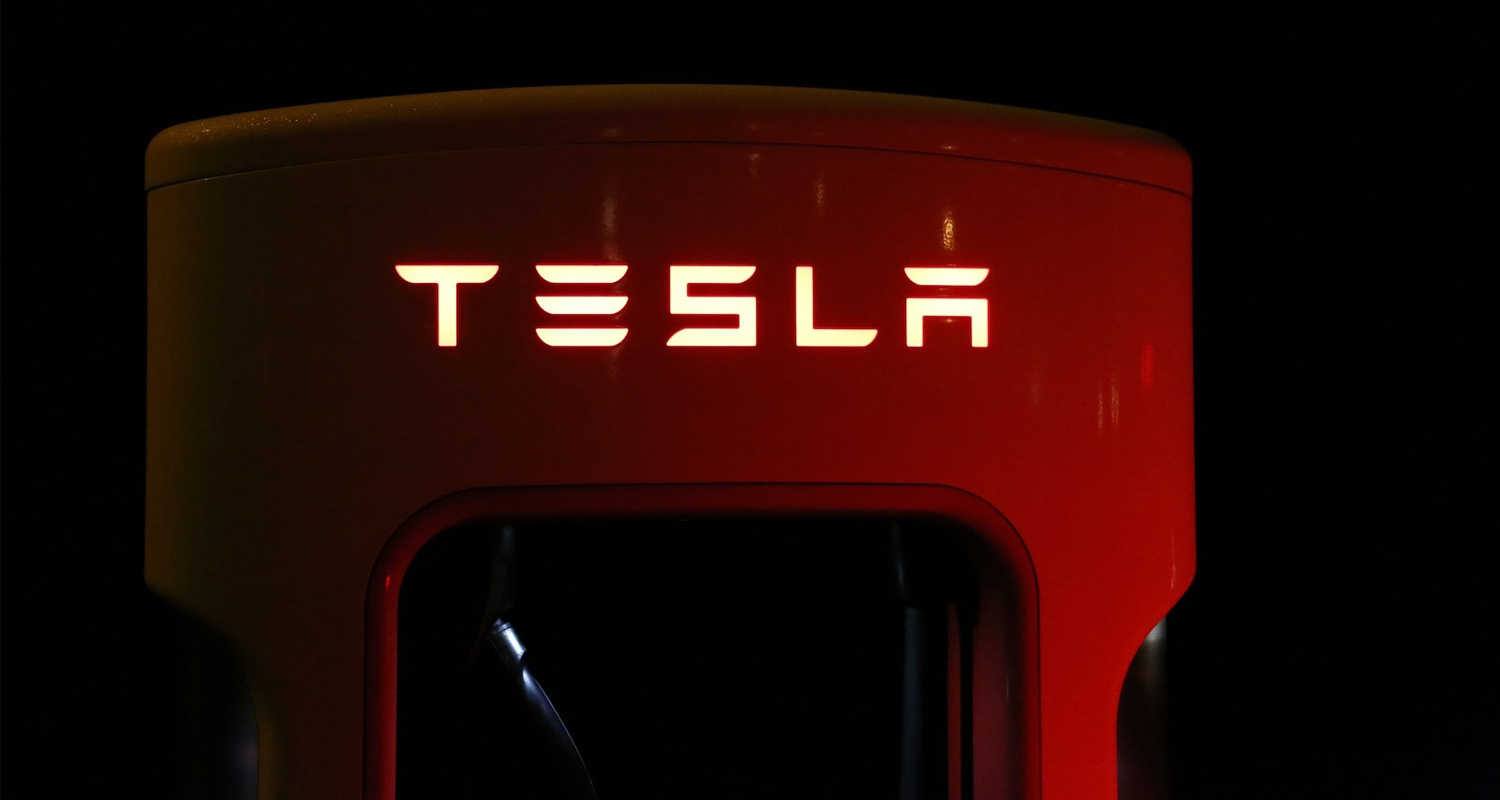 Tesla has been slow-walking previously announced plans to build a factory in Mexico and will put off a decision on that project until after the US election. Republican nominee Donald Trump, who Musk has endorsed, has repeatedly threatened to hit products made in Mexico with tariffs.
Tesla has been slow-walking previously announced plans to build a factory in Mexico and will put off a decision on that project until after the US election. Republican nominee Donald Trump, who Musk has endorsed, has repeatedly threatened to hit products made in Mexico with tariffs.
“Trump has said that he’ll put in heavy tariffs on vehicles produced in Mexico, so it doesn’t make sense to invest a lot in Mexico if that is going to be the case,” Musk said.
Musk formally endorsed Trump after the former president was shot during a campaign rally in Pennsylvania earlier this month, and is involved with America PAC, a political action committee backing Trump. During Tesla’s earnings call, Musk downplayed the risk Trump may pose to Tesla’s business.
The CEO said that if Trump returns to the White House and does away with subsidies tucked in the Inflation Reduction Act that President Joe Biden championed, it would be devastating for competitors but may actually help Tesla in the long term. — Kara Carlson and Dana Hull, (c) 2024 Bloomberg LP


